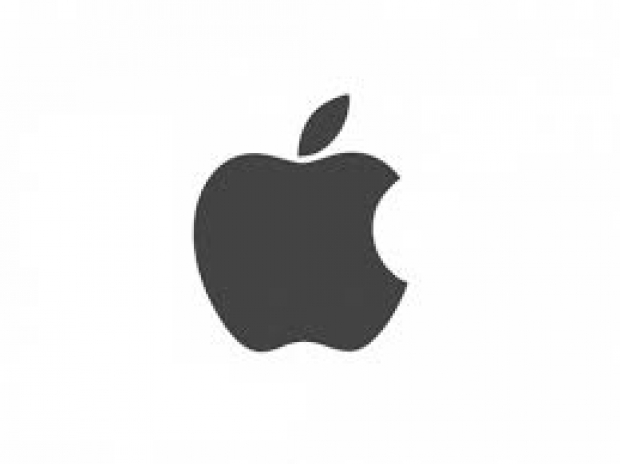In legal terms Qualcomm has been granted preliminary injunctions against Apple in Fuzhou, China, that results in an immediate ban on the import and sale of iPhone 6S, 6S Plus, 7, 7 Plus, 8, 8 Plus and iPhone X.
Fuzhou Intermediate People’s Court in China includes and bans the sales of every phone between 6S and the iPhone Xs and XR. Apple mostly sells high-end phones, but in markets such as China less expensive solution get really popular too. This will hurt Apple massively going into the western and especially China holiday seasons.
According to CNBC, one of the media Apple talks to, it filed an appeal but speaking to legal experts, the ban stays in place until the legal appeal gets resolved. It might be months, probably quarters until Apple is able to resume sales of any of these models. Apple claims that iOS 12 has resolved this issue and that the phones get updated, but the court thinks that the big Cupertino company is guilty, and Apple will have to appeal in court.
China is left out from these phones for a while
After this decision, all etailer and retailer have to immediately stop the sale of any models above and the lack of iPhone 8, 8 Plus and X might actually hurt Apple a lot since Xs and Xr were just too expensive for most people.
The patents enable consumers to adjust and reformat the size and appearance of photographs, and to manage applications using a touch screen when viewing, navigating and dismissing applications on their phones. The two patents were previously found to be valid by SIPO, the Chinese patent office.
This is just one of the many legal battle that Apple and Qualcomm are fighting, and this might be the best tool to get Apple back to a serious negotiation. Not being able to sell your product to the biggest market in the world is really a big deal that will affect Apple sales numbers. Imagine if the patent case included the latest Xr and Xs phones, but luckily for Apple it doesn’t.
“We deeply value our relationships with customers, rarely resorting to the courts for assistance, but we also have an abiding belief in the need to protect intellectual property rights”, said Don Rosenberg, executive vice president and general counsel, Qualcomm Incorporated. “Apple continues to benefit from our intellectual property while refusing to compensate us. These Court orders are further confirmation of the strength of Qualcomm’s vast patent portfolio.”
And it's all about $13 per phone
Apple wants a special treatment and to be exempt from Qualcomm Technology Licensing standard licensee agreement that is the same for all of its customers. Apple is asked to pay 3.25 percent with a $400 cap on the royalty selling price, maxing it up to $13 per device. For the smaller players this certainly is a huge amount of money, but with cap at $400 that includes every single phone that Apple ever sells, it is certainly much better than 3.25 percent out of the real retail cost of iPhone Xs Plus which stops at a mind blowing $1449. Without a cap, Apple would have to pay $47, which would seriously hurt its margins. While Qualcomm is happy with $13 a phone, Apple clearly isn't. In the end, this dispute led them to the ban in China and many other legal battles around the world.
Apple is obviously downplaying the magnitude of the issue, but if it wants to comply with the court, Apple needed to stop selling any of the iPhones mentioned and so too any etail and retail chains in China.




